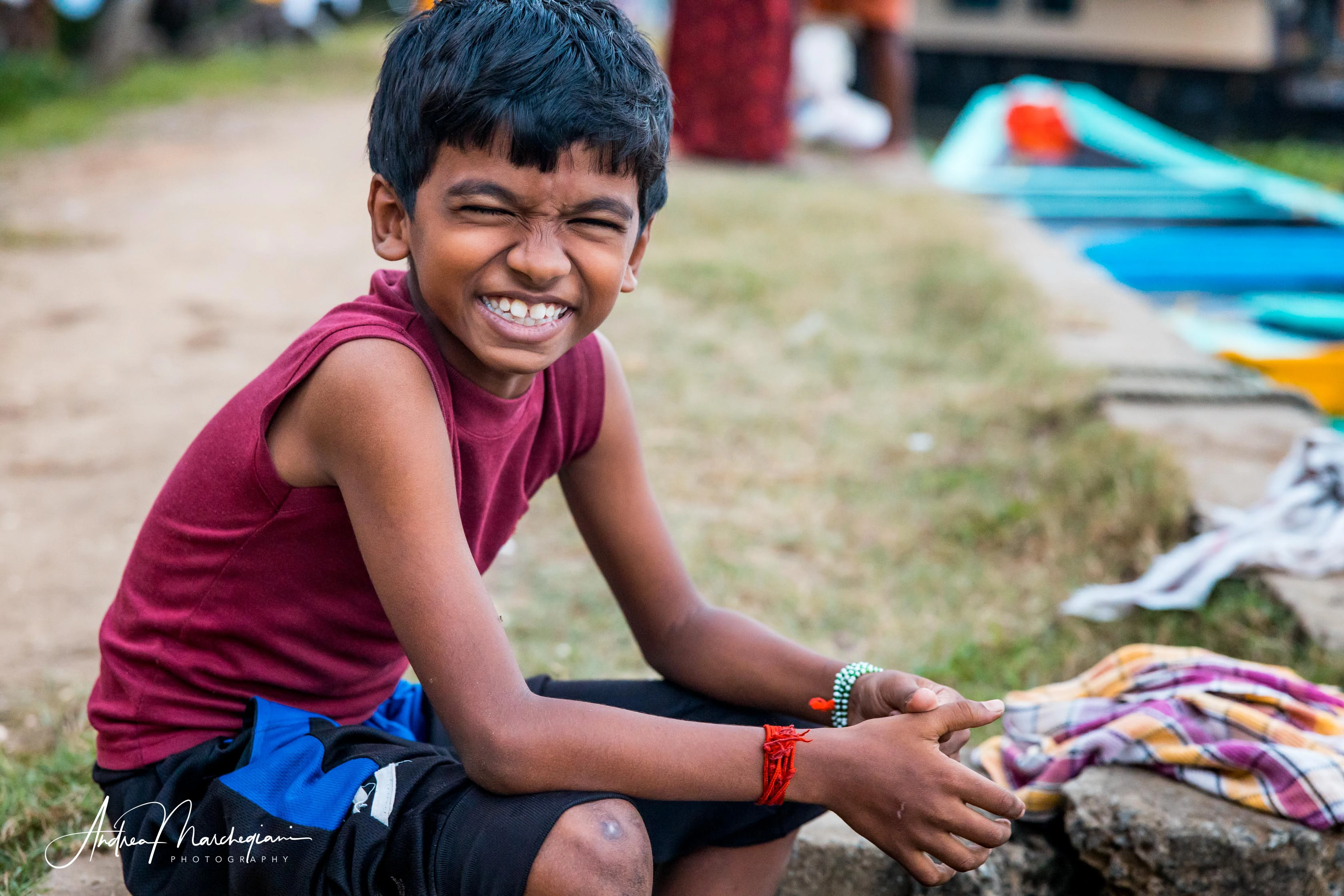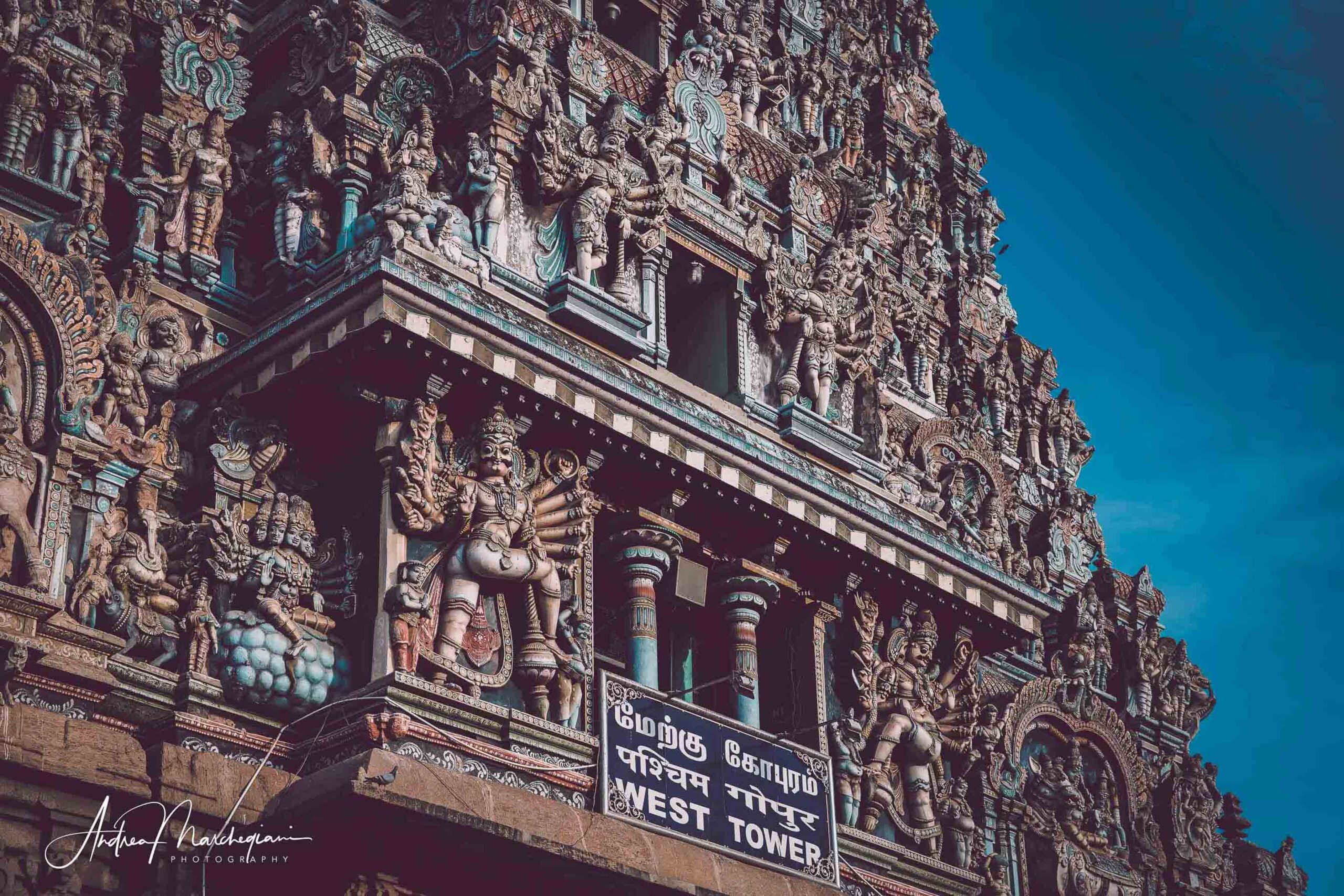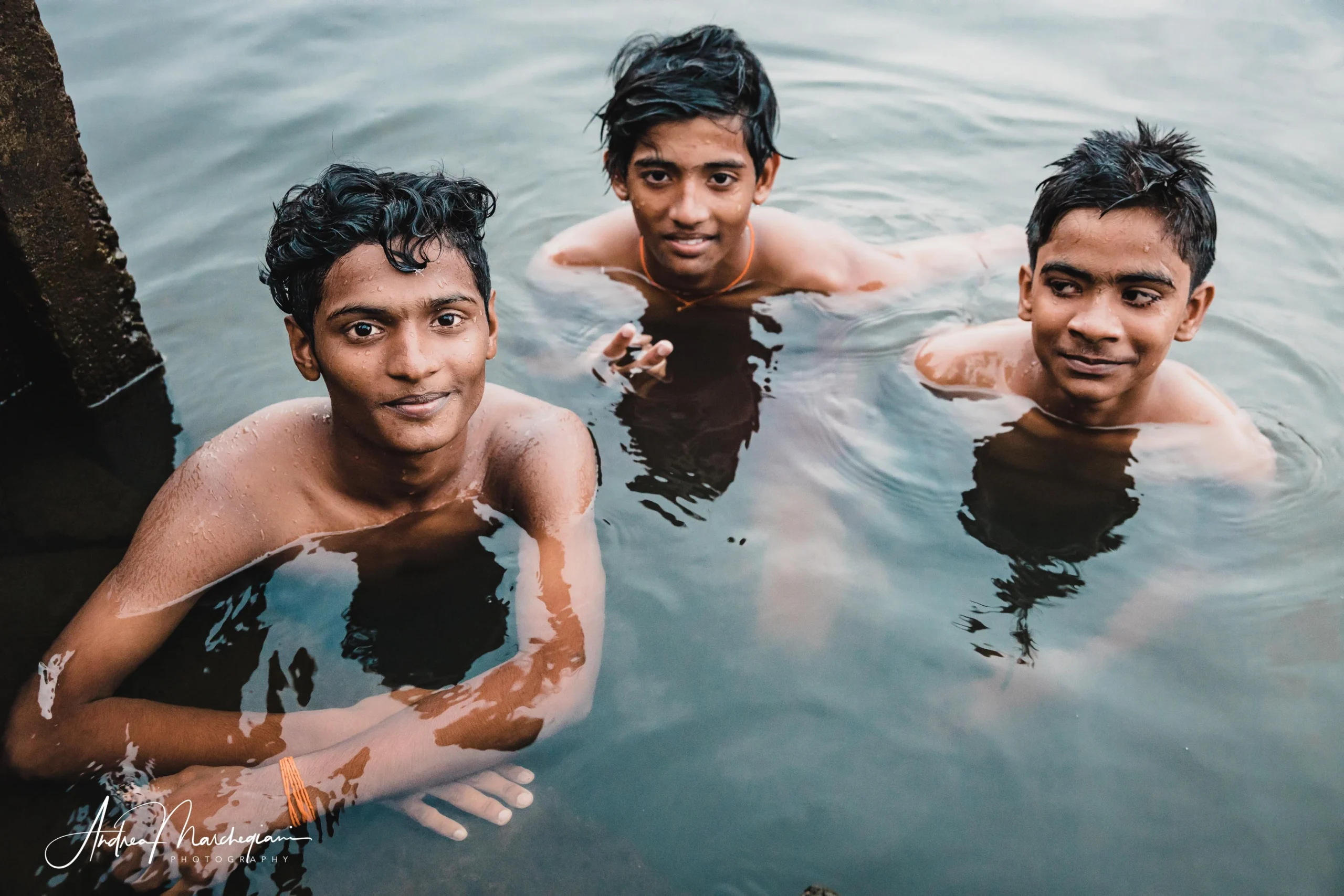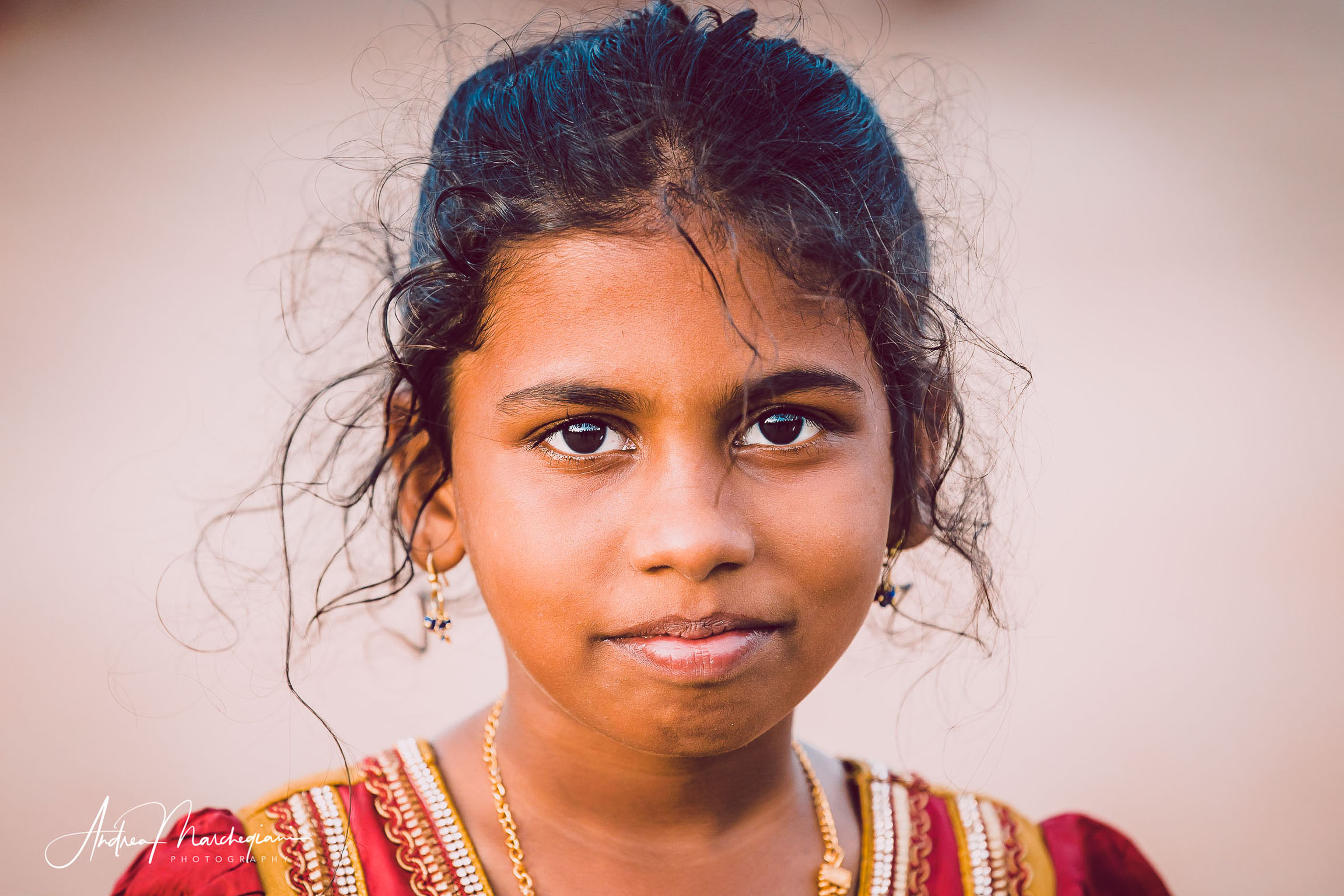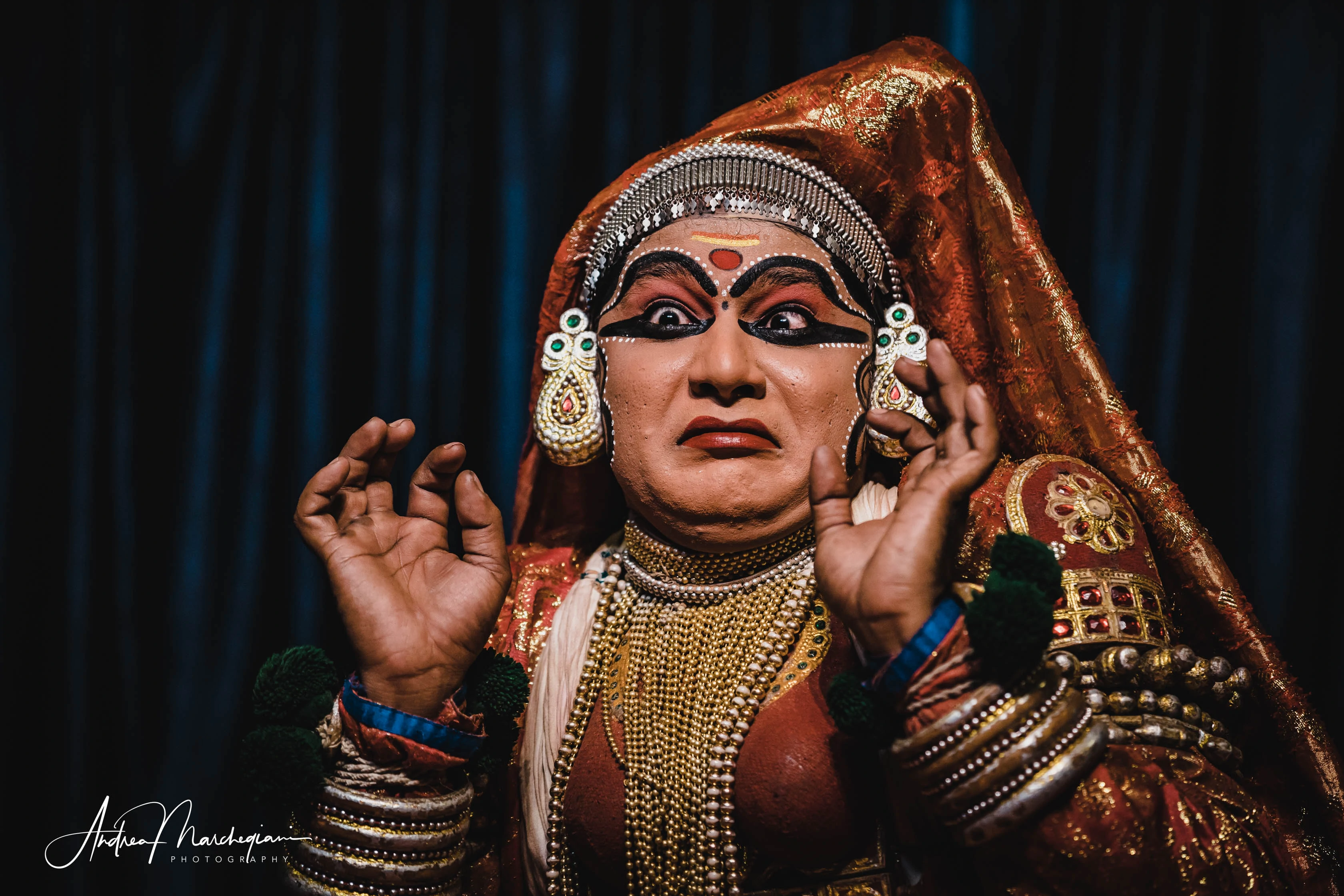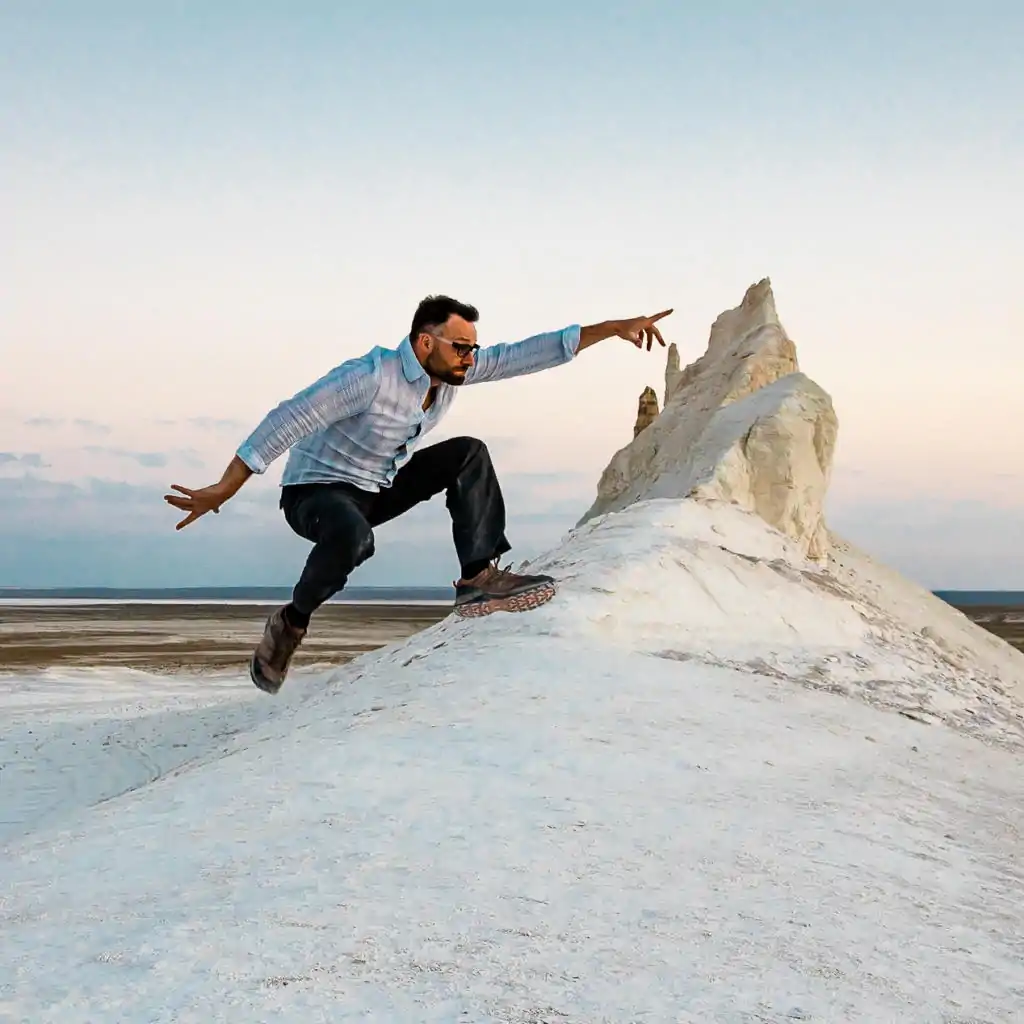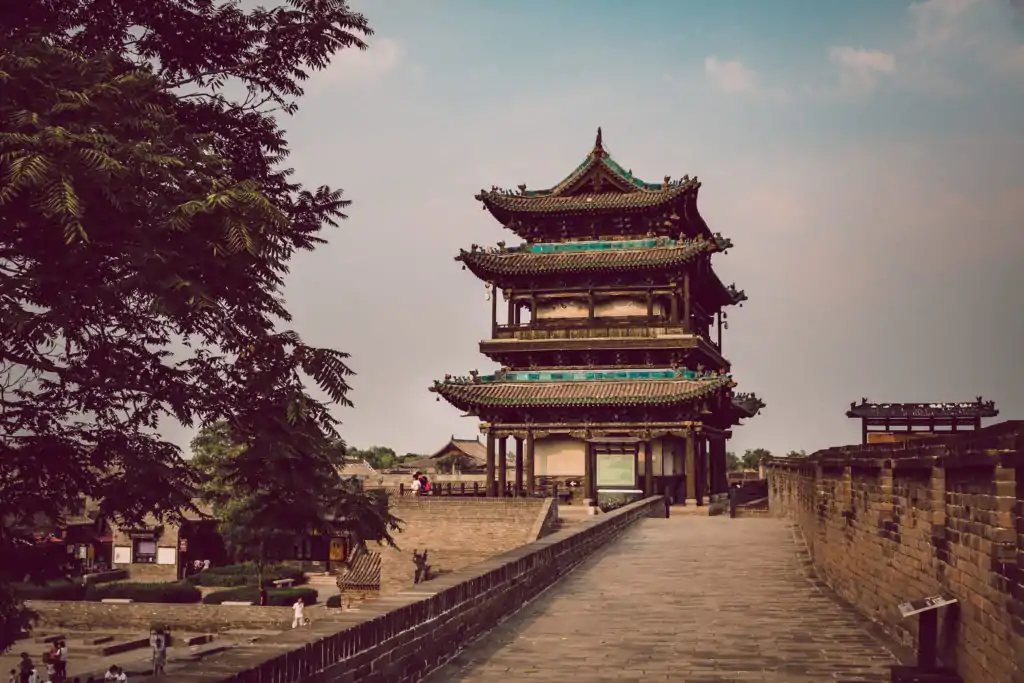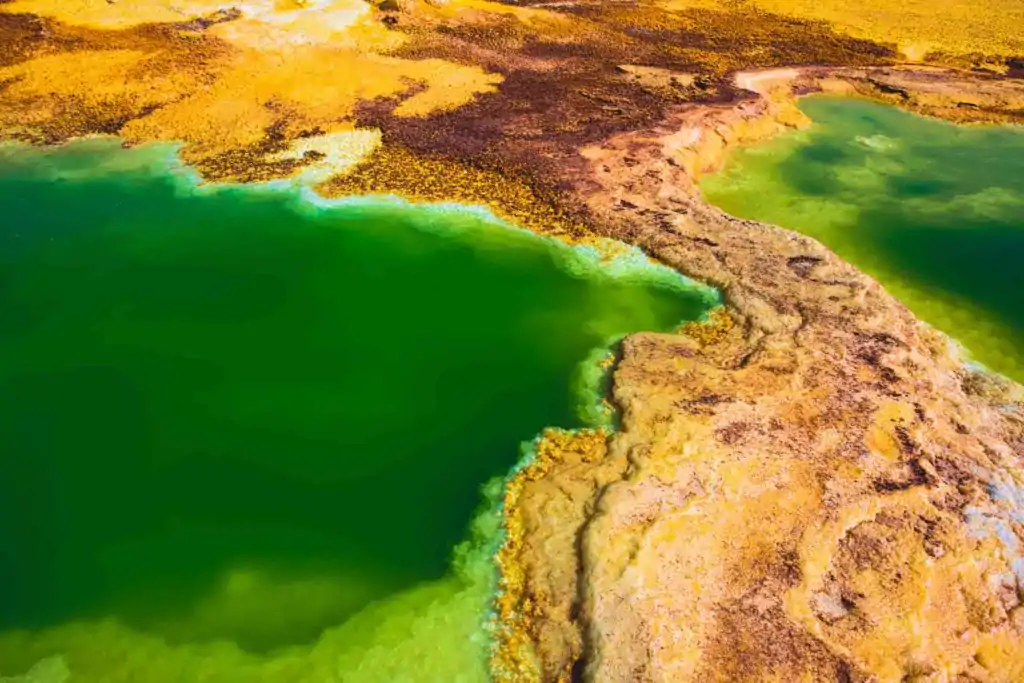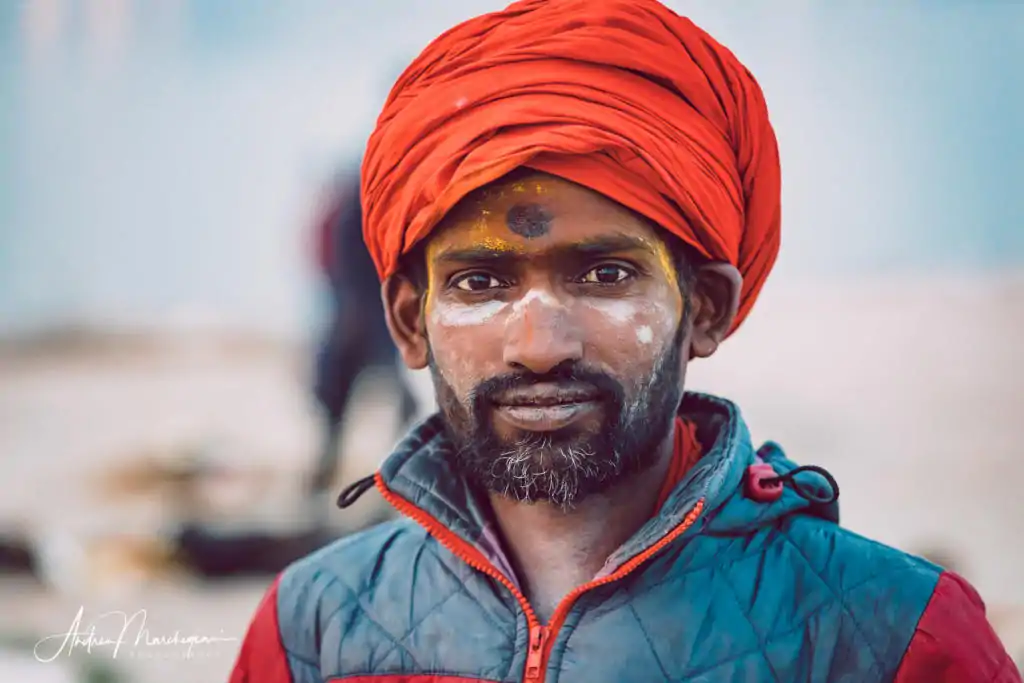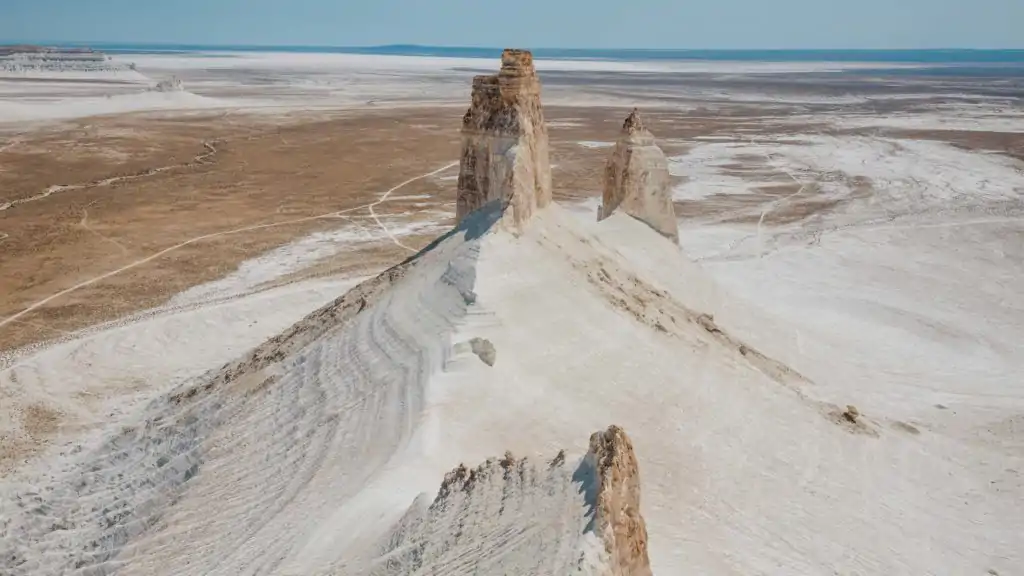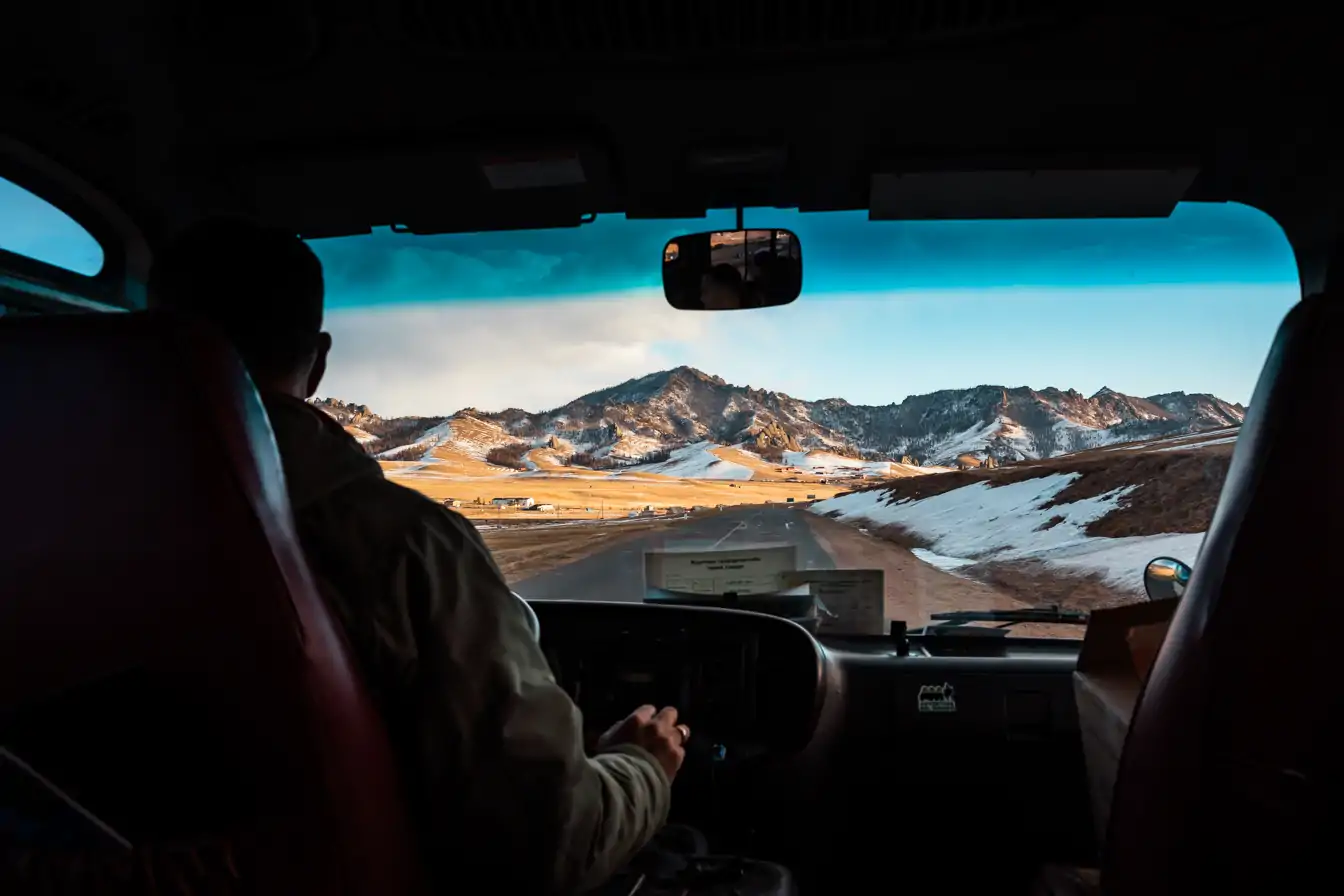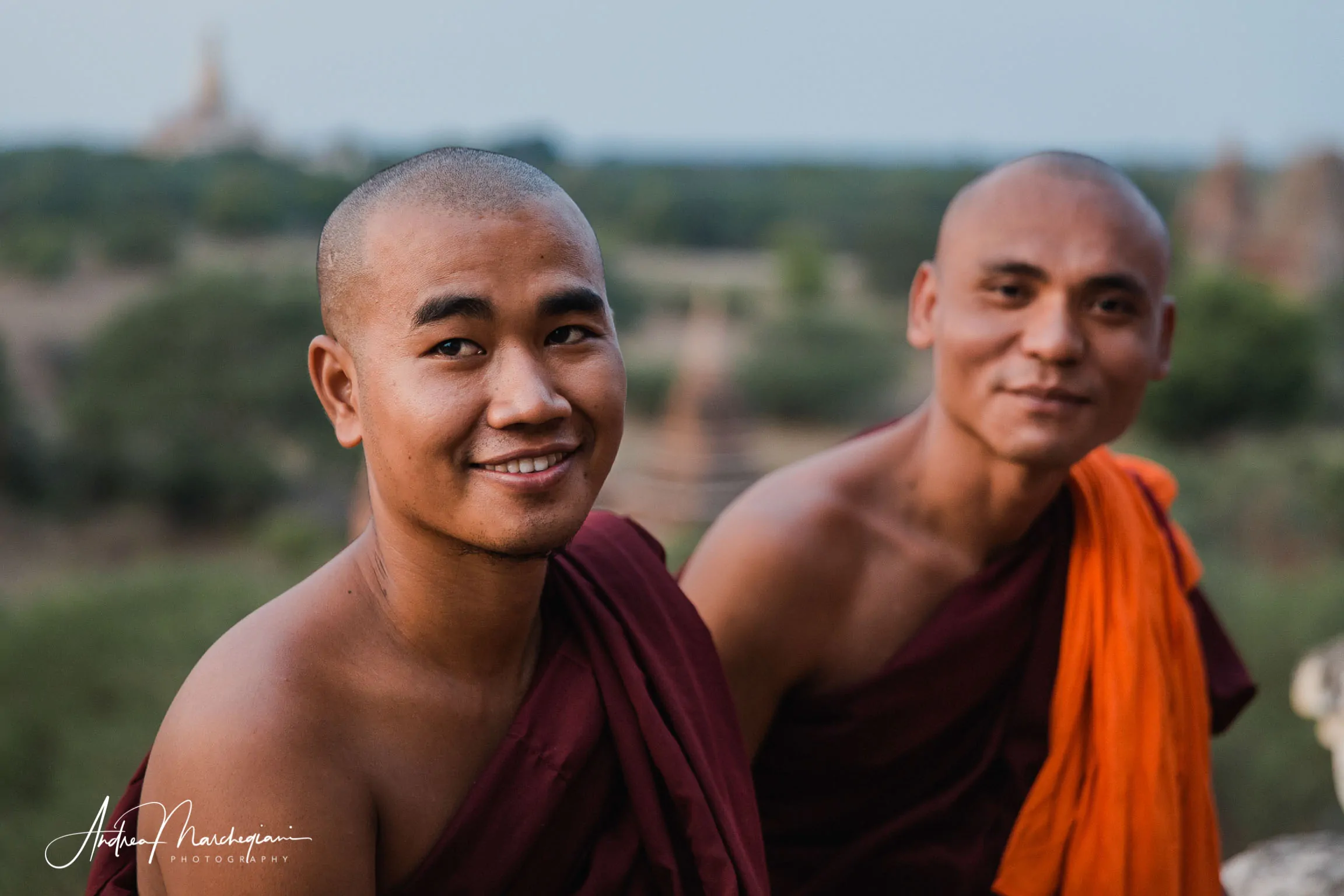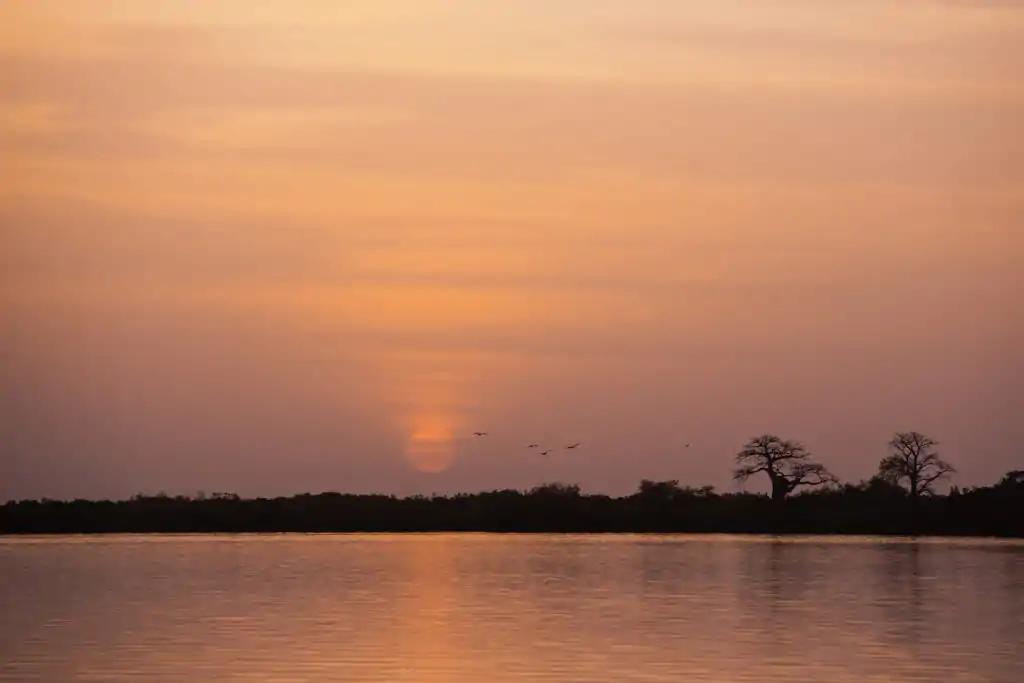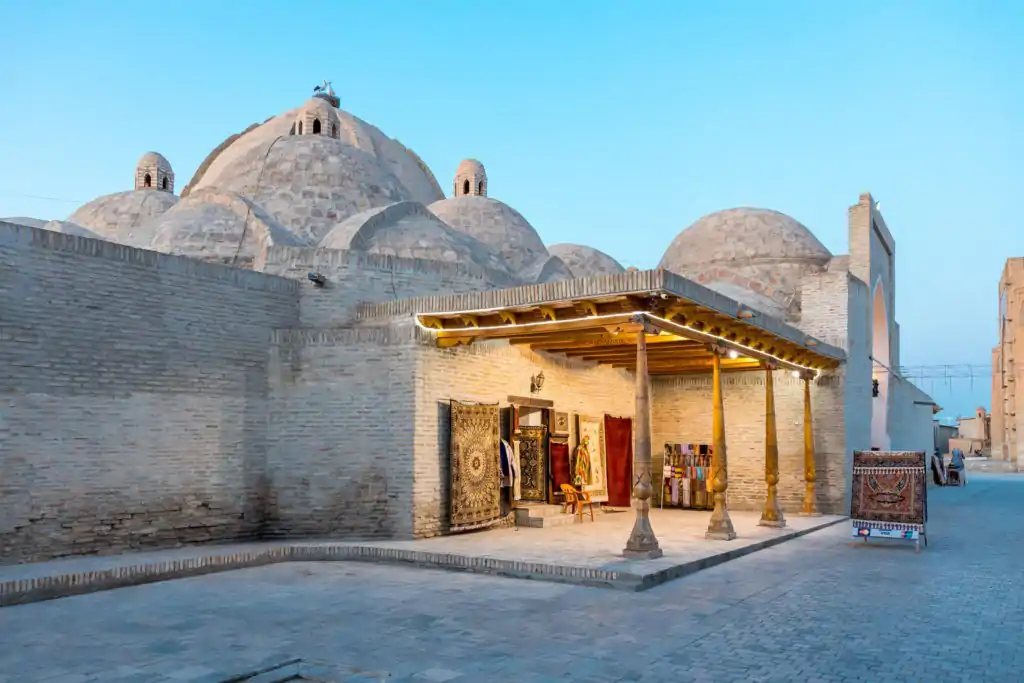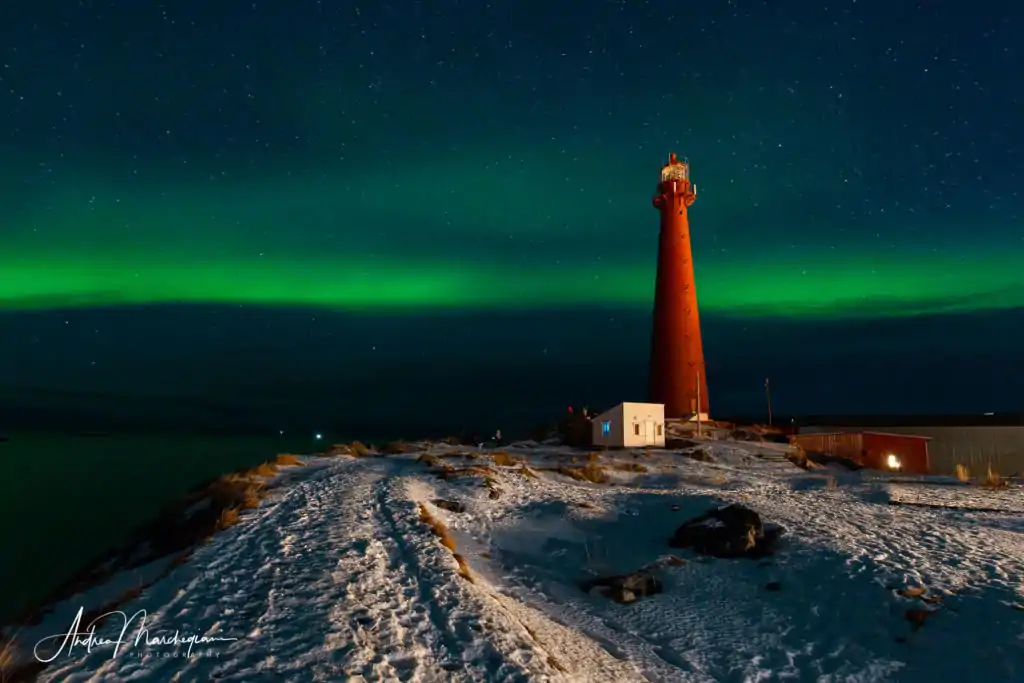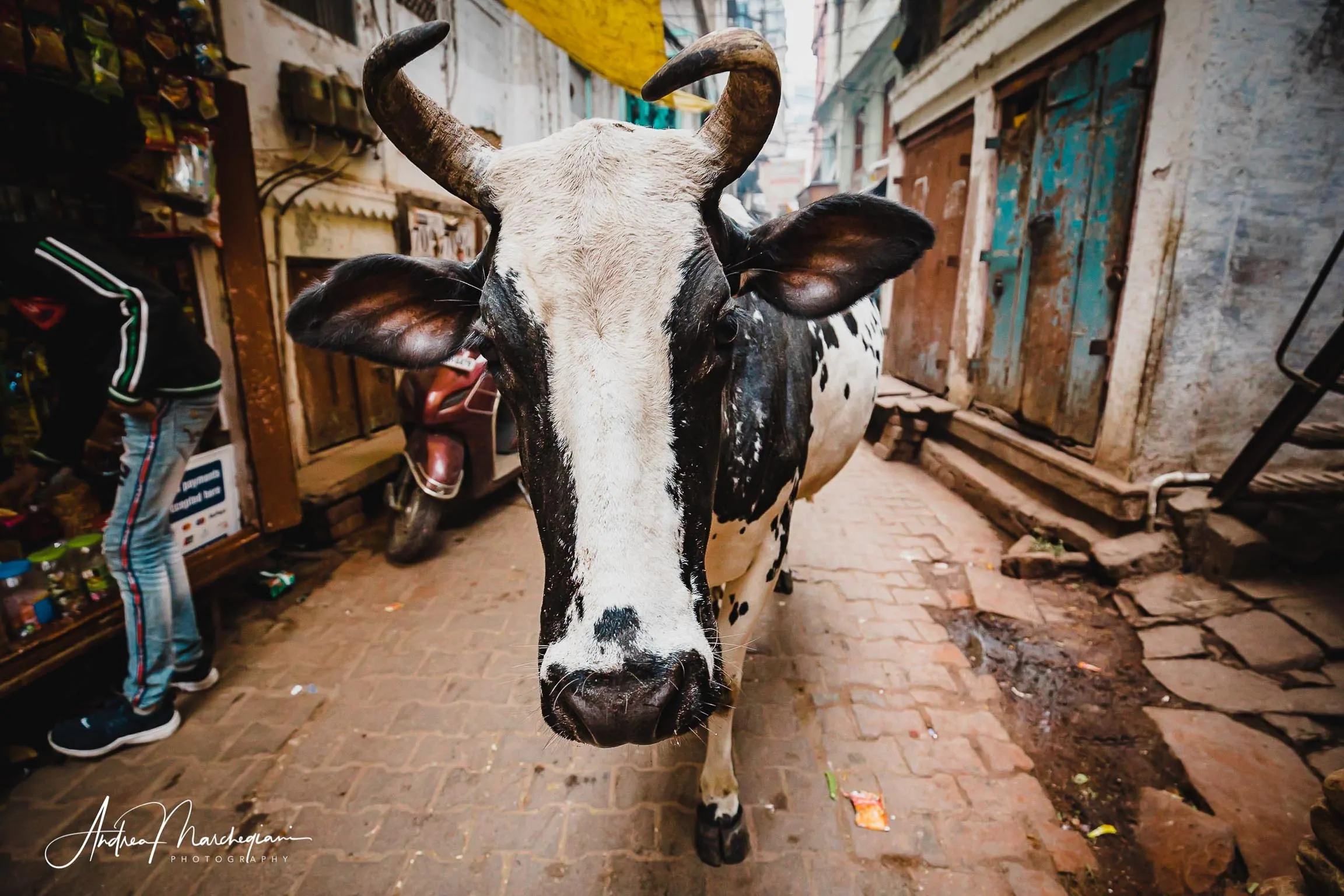
- Home
- Photo Galleries
- Portrait Photography
- Landscape Photography
- Street Photography
- China
- Ethiopia
- India
- Holy Ganges
- Varanasi
- Varanasi Ganga Aarti
- Varanasi, Manikarnika Ghat
- Varanasi Streets & Alleys
- Varanasi Demolition
- Varanasi Fruit Market
- Sarnath
- Brick Kilns
- Tamil Nadu, Chennai & Mamallapuram
- Tamil Nadu, Fort Tirumayam & Madurai
- Tamil Nadu, Tiruvannamalai & Thanjavur
- Kerala, Munnar
- Kerala, Peryiar
- Kerala, Backwaters
- Kerala, Kochi
- Kazakhstan
- Myanmar
- Senegal
- Uzbekistan
- Travel Blog
- China
- Ethiopia
- India
- Tamil Nadu & Kerala
- Varanasi
- Whato to do in Varanasi
- Varanasi Life along the Ghats
- Varanasi Death along the Ghats
- Varanasi Ganga Aarti Ceremony
- Varanasi demolished to honor Shiva
- Varanasi Fruit Market
- “Varanasi, A Journey into the Infinite”
- Sarnath
- All about River Ganges
- Holy Shit. All about Indian Cow Dung
- Clean India Project
- Brick factories
- Tilaka, pundra, bindi: what is the mark on Indian foreheads?
- Kazakhstan
- Mongolia
- Ulaanbaatar, the coldest capital in the world
- What to do in Ulaanbaatar
- Chinggis Khan Museum, 6 floors of Mongolian history
- Gorkhi-Terelj National Park and Bodgkhan Natural Reserve
- Altai Mountains, Things to do in Olgii and Sagsai
- Living with the Eagle Hunters
- Sagsai Eagle Festival
- Navrus Festival
- Xöömej, Mongolian throat singing
- Mongolian Food
- Myanmar
- Senegal
- Uzbekistan
- Latest Posts
- Photography Blog
- About
- Prints
With over 900 km of navigable networks, Kerala’s backwaters are a haven for diving and relaxing. Just embark on a comfortable houseboat and walk the waterways. The flourishing vegetation and the lively life that flows on the canals will conquer your heart.
Share with your friends:
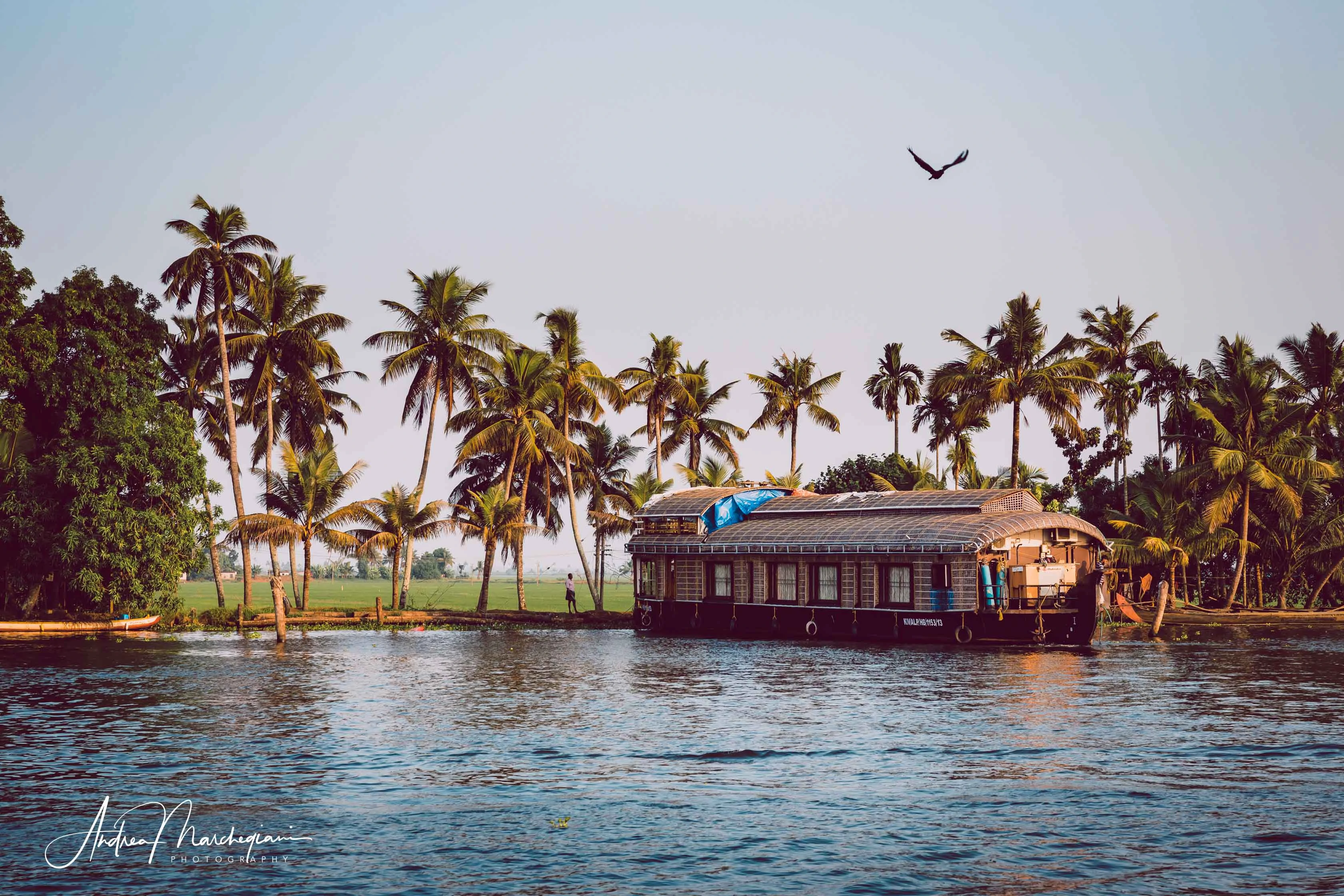
Kerala Backwaters, cruise on a luxury houseboat
I leave Munnar reluctantly: I am biwitched by its tea plantations, the pride of the Kalaripayattu fighters and the sweetness of the Kathakali dancers. At the same time, I am thrilled with the idea of what awaits me: my trip to Kerala is about to end but I left the best for last, that is, the spectacular backwaters of Alleppey.
Indian backwaters are a network of over 900 km of rivers, lakes and brackish lagoons connected by thousands of waterways. The rows of palm trees that line them and the surrounding rice fields are a true paradise for the eye and make it one of the main Indian tourist destinations.
You can visit the area aboard traditional teak houseboats, from which you can enjoy delightful views and observe the life of fishermen and farmers. I also give in to the charm of the backwaters and spend a couple of days in a houseboat equipped with every comfort.
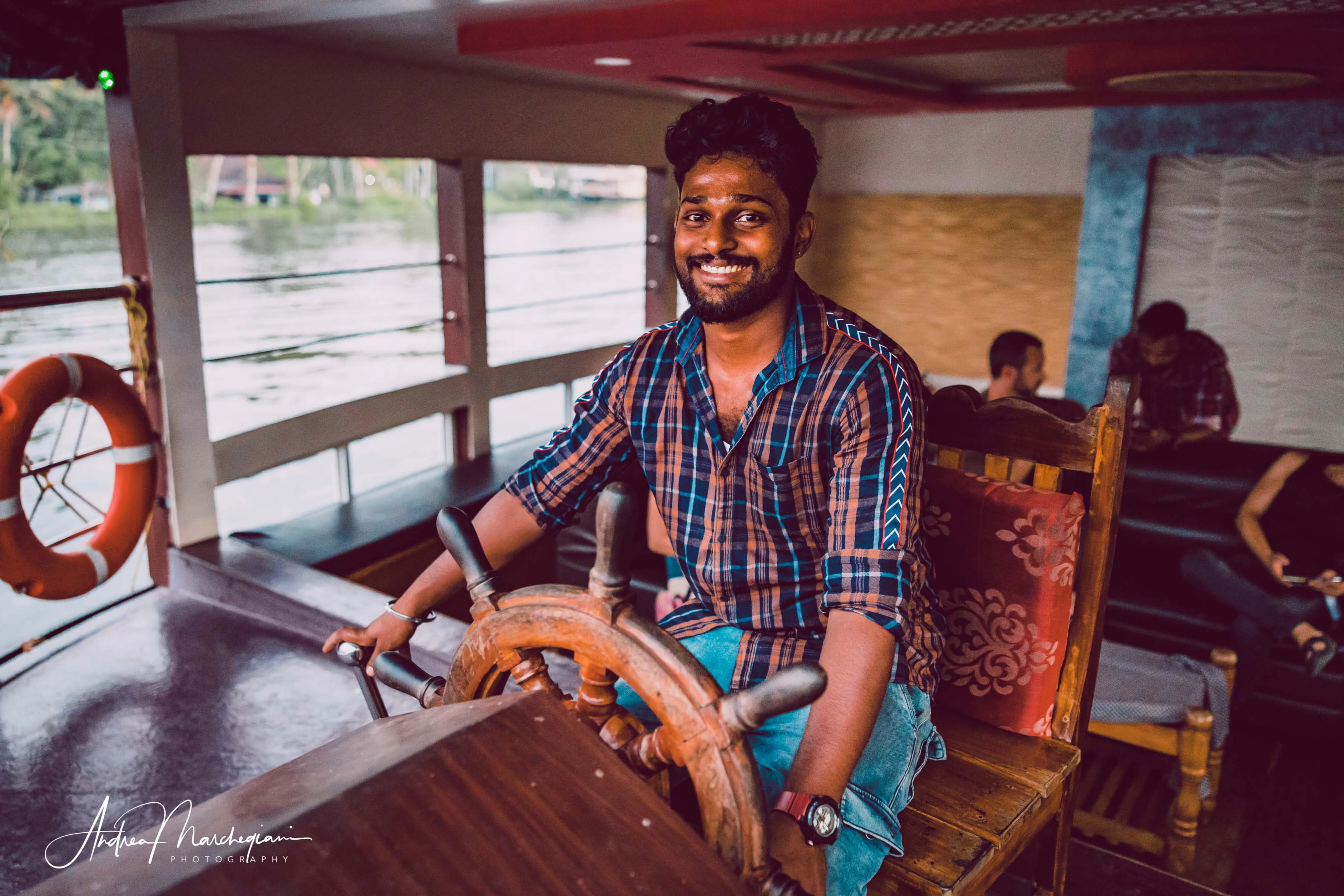
Alleppey, how to choose the right houseboat
My cruise departs from Allapuzha (still known by the old name Alleppey), which is the true heart of Kerala’s backwaters. It is nicknamed “the Venice of the East” and it arouses a certain hilarity in my mind, since a couple of years ago I visited another “Venice of the East”, Tongli, during my trip to China. Alleppey boasts this nickname thanks to its surrounding canals, which are visually magnificent and are navigated by over 1000 tourist barges.
“Our houseboat has air conditioning, right?”
That’s the first thing I ask of Pandyian, my driver-guide. The answer is yes, and I’m heartened. Although it’s early January, there is no escaping from the heat and humidity saturates the air and soaks my clothes with sweat.
A cruise in the backwaters is a truly rewarding experience, provided you get on the right boat. Houseboats are not all the same: some of them are real luxury ships, others are metal buckets. It is important to ensure that your houseboat is in good condition before booking. Mine is medium size, with three double bedrooms. It has a large dining room upstairs and also a seating area from which you can comfortably admire the surrounding landscape. It has hardwood floors and private bathroom in every room. I can’t really complain!
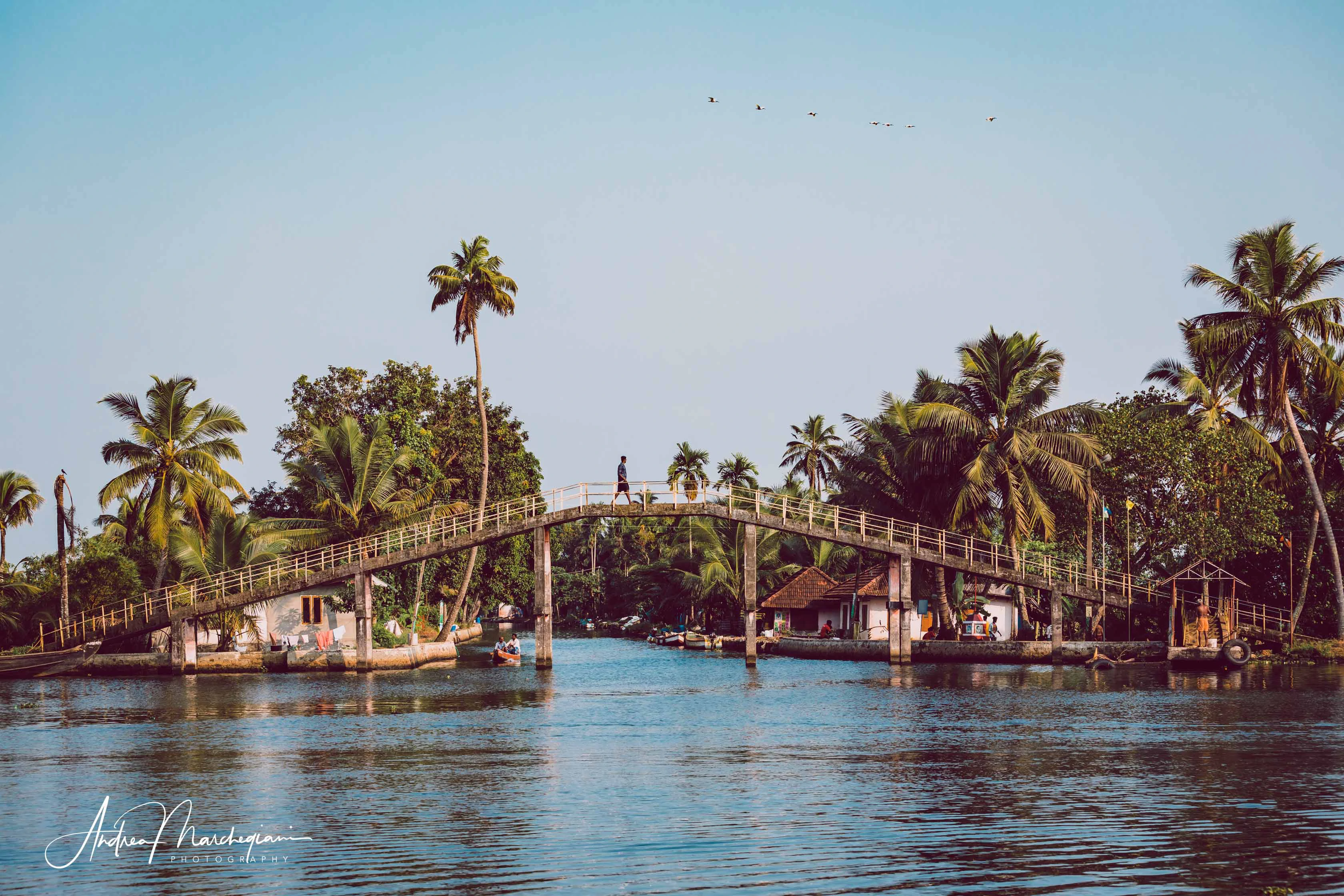
Indian backwaters, landscapes that fill the soul
As soon as we set sail, we enter a network of canals that flow into each other, increasing in size, until we reach the open lake.
I hold my camera and let the views flow under my eyes, composing themselves in delightful images.
On the shores of the lake there are small fishing villages: fishermen plough the canals with their canoes, while farmers work the rice fields of the brackish lands behind. Small elevated dirt roads line the canals and allow you to move on foot. For centuries, in Kerala, these canals have served as roads and sidewalks.
Thoughts lose weight in such soothing and benevolent scenarios, my mind calms down, almost getting unconscious. Undoubtedly, observing the canals of Kerala is a form of meditation worth practicing!
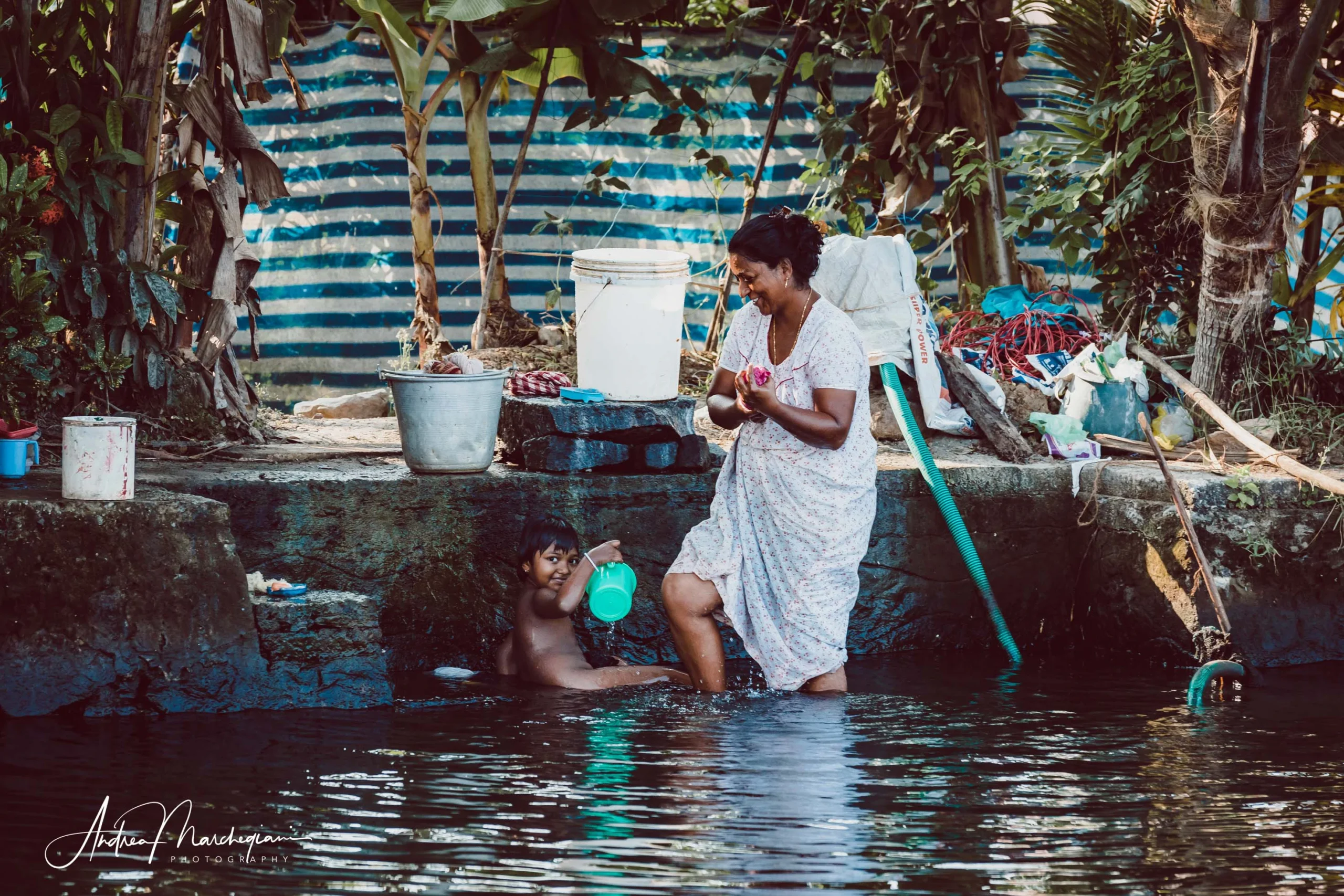
An ecofriendly canoe ride
After a couple of hours, our house boat anchors near a fishing village. The internal canals are very narrow, so we are invited to aboard a small canoe, which can easily creep into the meanders of the village, thus penetrating the intimate life of the place. Moreover, canoes are less polluting than motor houseboats and avoid contaminating the water of the internal canals, still used for cooking and washing.
The houses are half open and all overlook the canals: people live more outside than inside their homes. My eyes fill with wonder as I meet elderly women who spread their clothes or wash their dishes in the river while children splash nearby with clouds of shampoo on their hair. I greet a man who brushes his teeth, rinsing his mouth in the river, next to a woman who cleans vegetables and an elderly woman who washes the pots which she has cooked with. I am surprised at the confidence they show in using channel water, which is increasingly polluted by maritime traffic.
It is with the same confidence that they welcome me: they shake their hands, their mouth wide open in very white smiles. They also pose for the camera, seductive and amused. In a few moments, the same current pushing my canoe closer to them pulls me away, so our greetings are both a welcome and a goodbye. The Indians have penetrating eyes that make foreigners instantly feel friends: it is impossible to remain indifferent to their charm. Their eyes can tear away any distance, misleading you into thinking that you will be missed, while in fact you’re the one who is missing them!
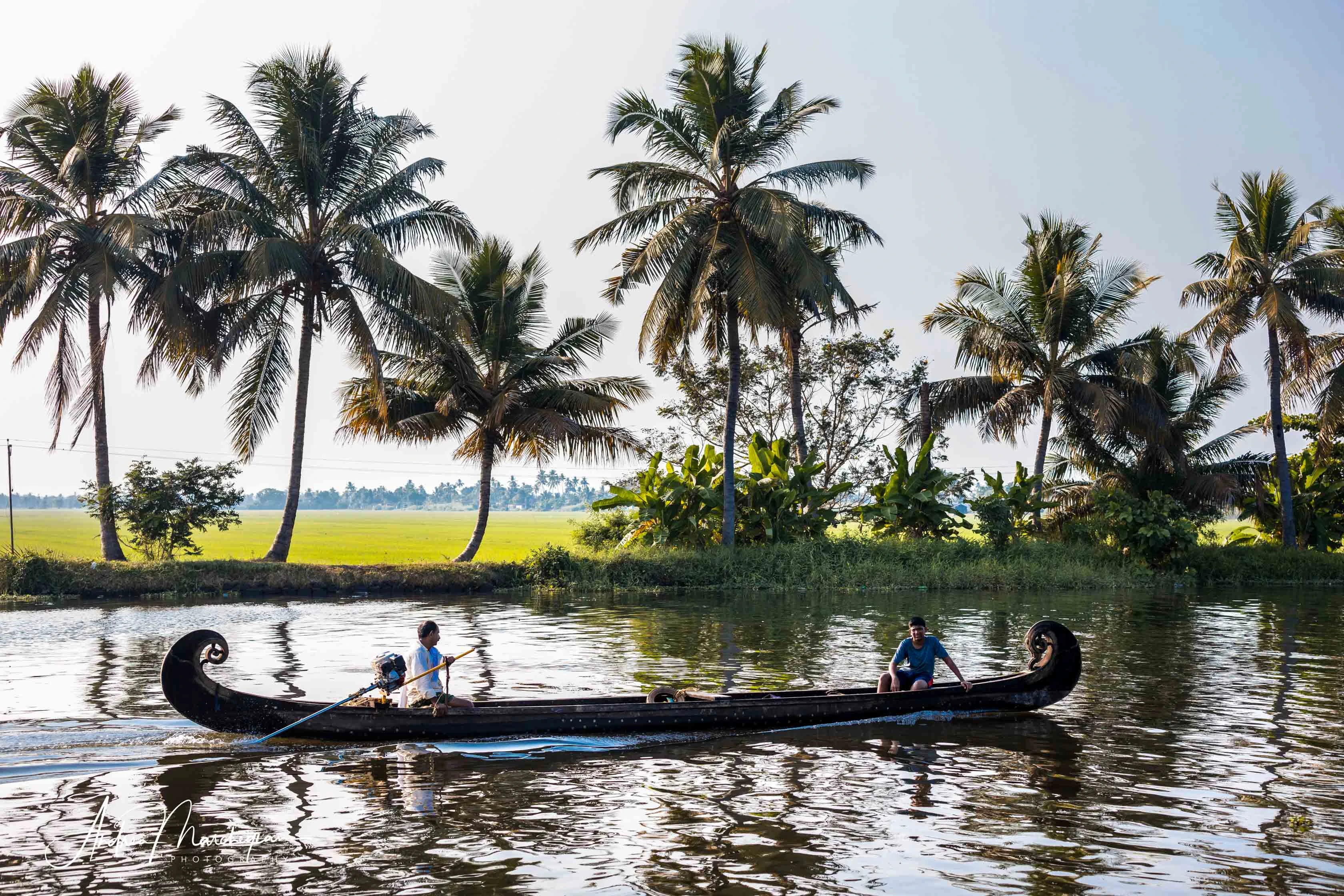
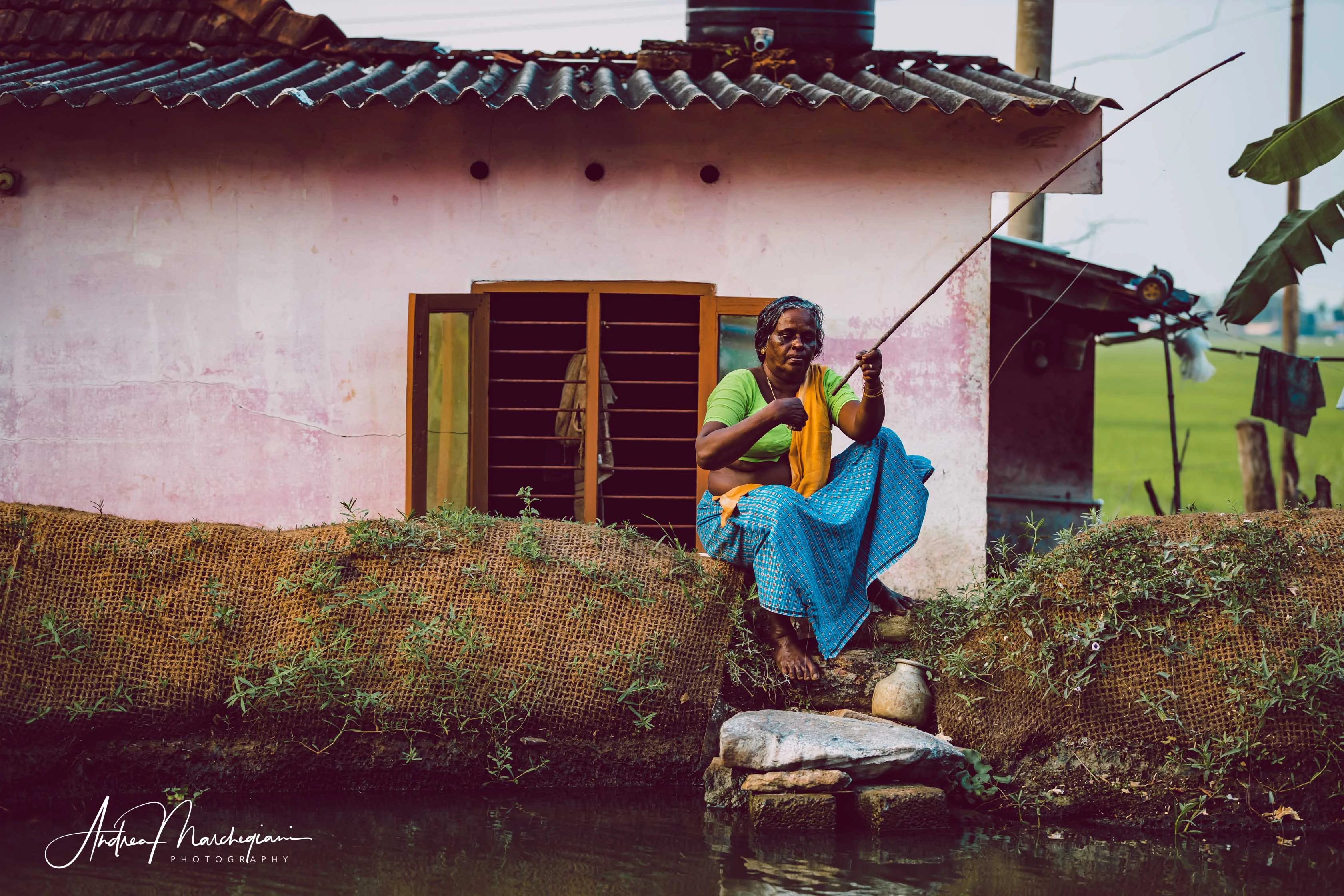
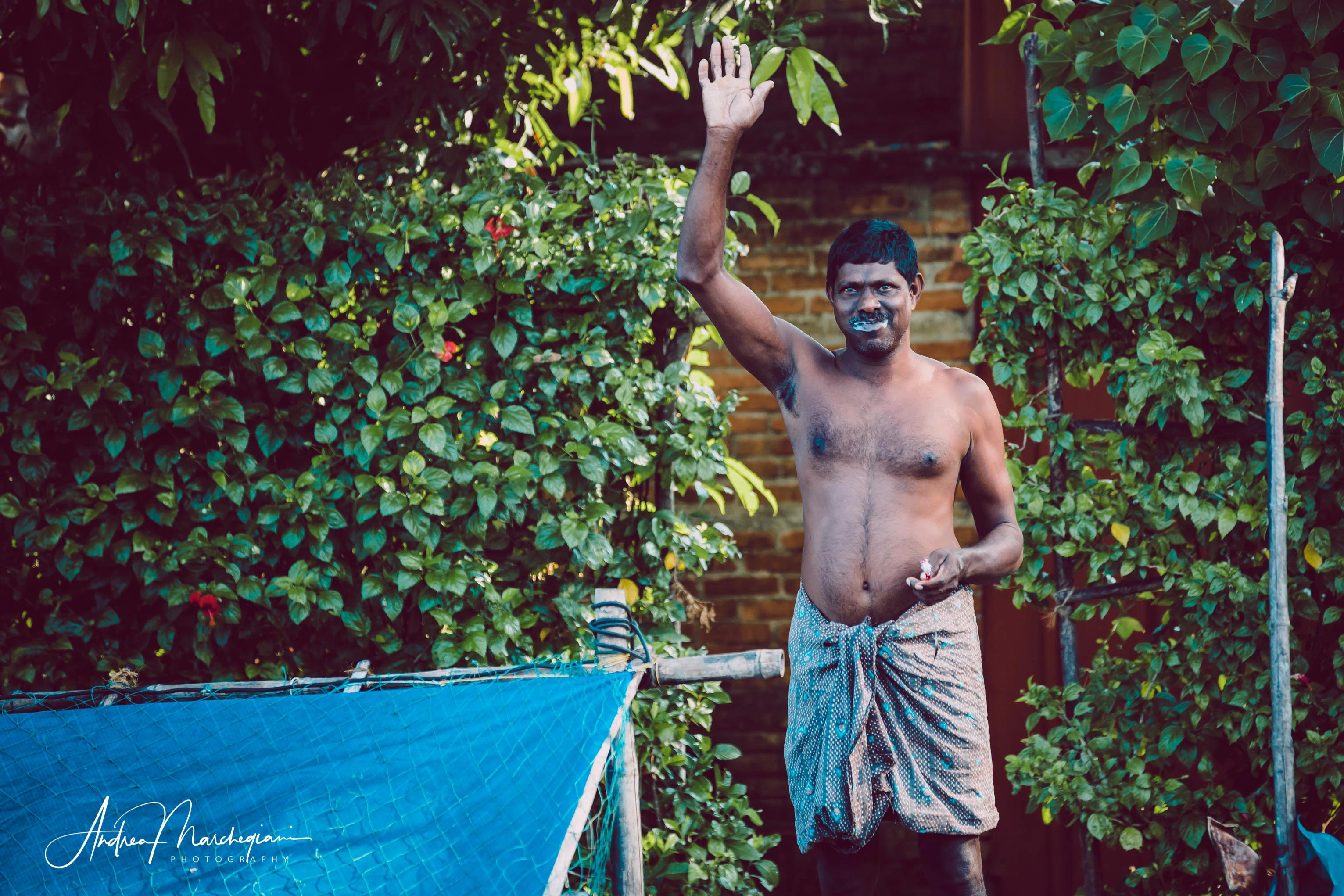
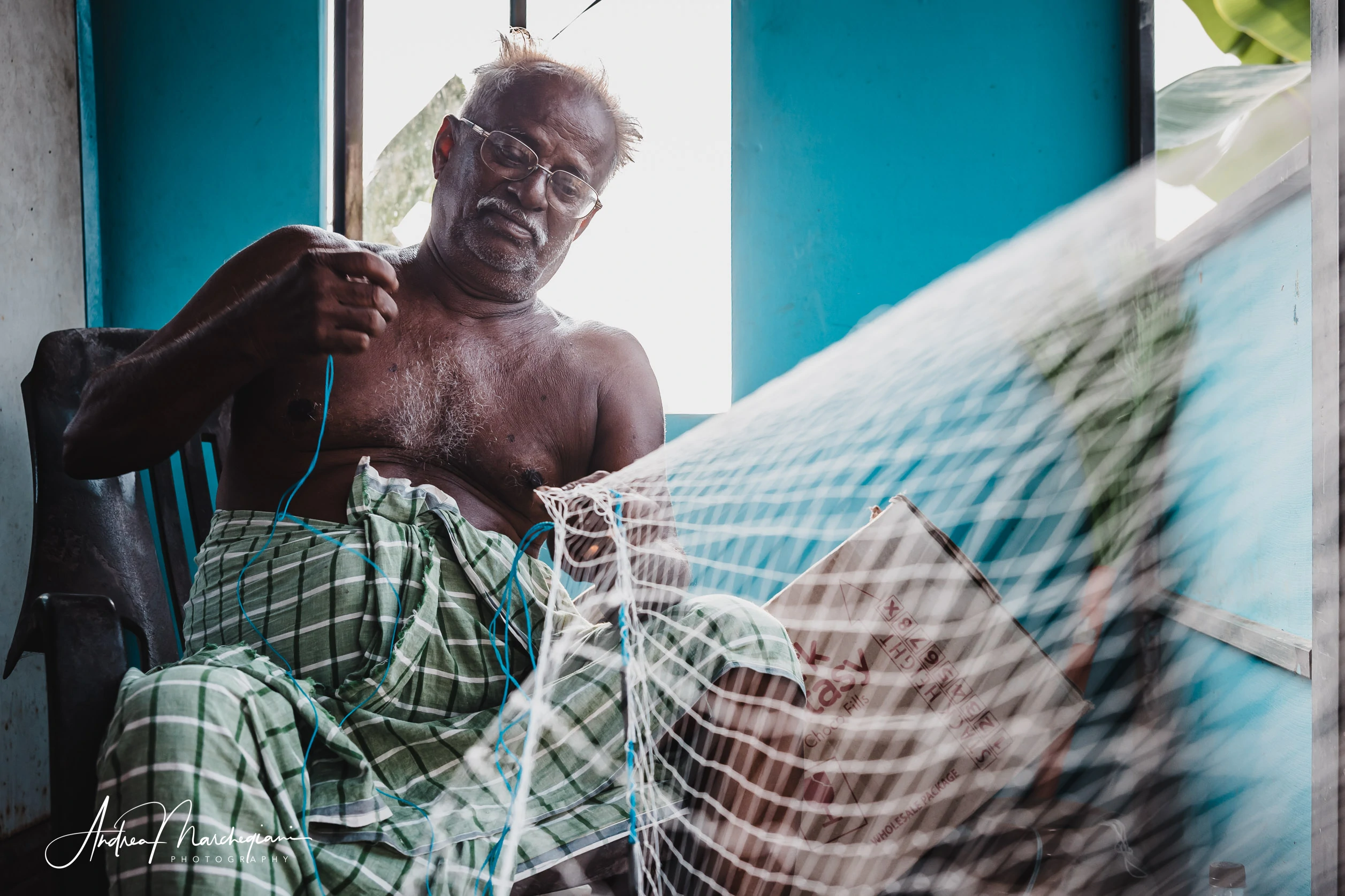
Meeting the fishermen of Kerala
At the end of the canoe tour, we stop at a kiosk to buy fish for dinner. The sellers try to convince us that their fish is the freshest in the whole area, while in the back shop the elderly patch the nets. I ask permission to take some pictures and they respond with incredulous looks that seem to say “do you need to ask?” India loves to photograph and even more to be photographed. People do not feel annoyed posing for the camera, but privileged: on the other hand, what is the point of being shy when you are so beautiful?
I walk a few more minutes on the narrow dirt roads that line the canals. I cross a building that seems split in two, like the open section of a model. One wall is missing and the street merges with the interior of the house. A mother is at the stove while the lively children climb on the furniture and on the scaffolding supporting the house, preventing it from collapsing. I take a family portrait, and then I find a way to email it to an address I was given. I almost got invited to dinner as a thank you!
The sun went down and I decided to go back to the houseboat. But Kerala has other programs for me and hands me a final gift: three brothers cut me off and dive into the water. Mom will not serve dinner until they wash! Their beauty is still unaware of itself, they are living that moment in life when they are neither boys nor men. Their carelessness is contagious and I can’t help but take some pictures. They really enjoy being the center of my attention!
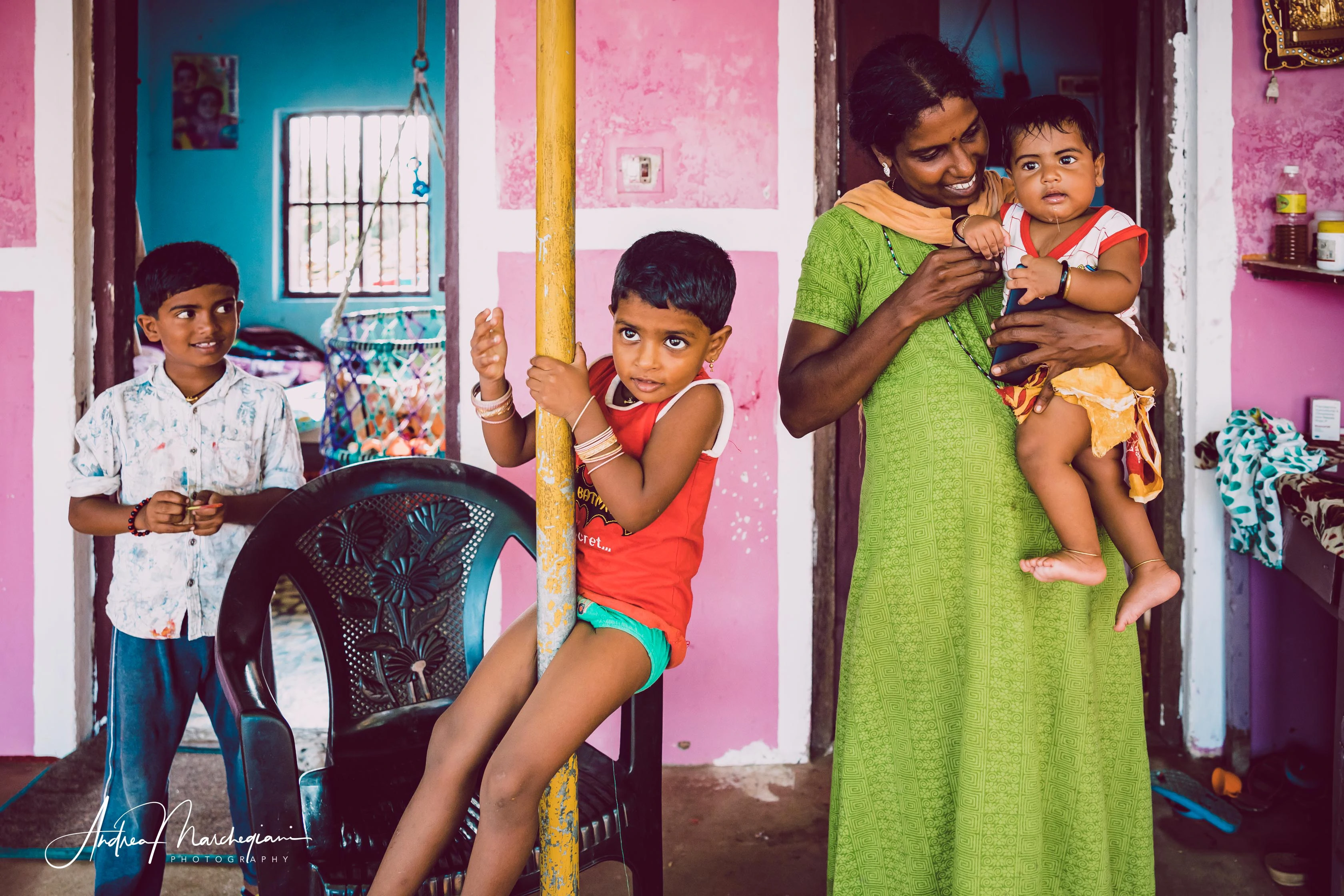
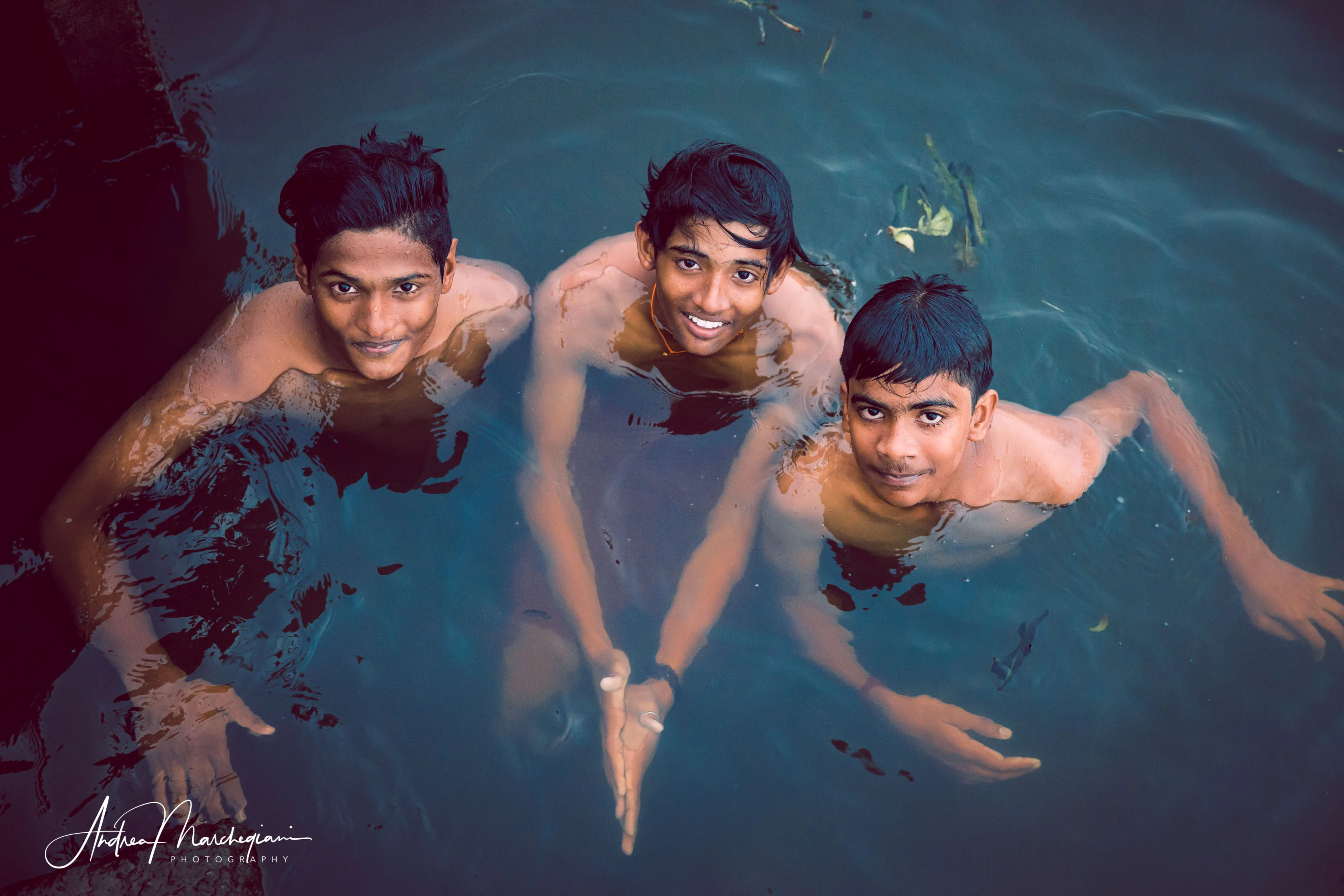
Last cuddles before leaving
The dinner on board is tasty, seasoned with the wonders of the day and a hint of gratitude; at night I sink into my bed, rocked and refreshed.
Morning arrives too early: it’s time to return to the mainland, I musy say goodbye to Alleppey and reach Cochin, my last stop before taking a plane back to Italy. How precious these last moments are.
As we sail back to where we started, I see dozens of children running along the narrow dirt roads, backpacks on their shoulders: they gather on floating barges, waiting for the public shuttle to stop and collect them like grains of rice. Today is a school day and everyone has something to learn. I look at them kindly: you are the future of Kerala – I think. Grow strong and free. Life in the backwaters has remained unchanged for centuries, but it is changing fast now. It is up to you to manage its inevitable evolution.
